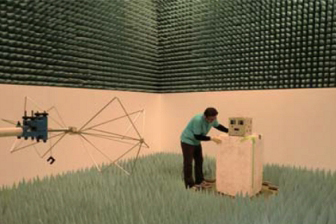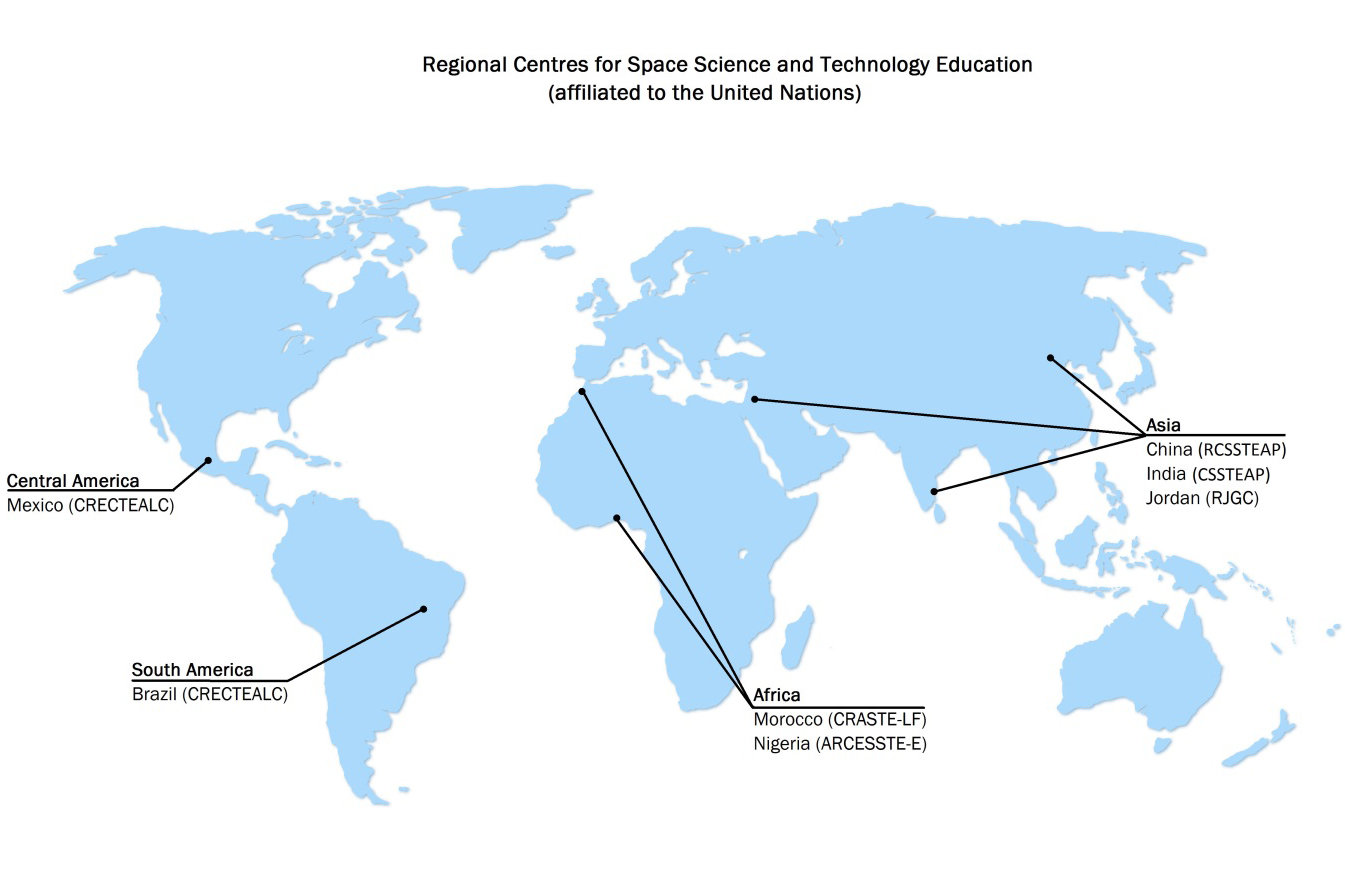Sustainable Development Goal 4: Quality Education
Sustainable Development Goal 4 aims at ensuring inclusive and equitable quality education and promote lifelong learning opportunities for all. This goal ensures that all girls and boys complete free primary and secondary schooling by 2030. It also aims to provide equal access to affordable vocational training, to eliminate gender and wealth disparities and achieve universal access to a quality higher education.
Estimates show that, among those 59 million children, 1 in 5 of them had dropped out and recent trends suggest that 2 in 5 of out-of-school children will never set foot in a classroom. The Sustainable Development Goals clearly recognise that this gap must be closed, even as the international community more explicitly addresses the challenges of quality and equity in education.
Space technologies can provide, among others:
- High-speed internet connectivity and tailored online educational content delivered via satellite
- Electronic attendance monitoring and provision of incentives for parents to reduce dropout rates
- Remote learning, e-learning and lifelong learning opportunities for remote and isolated communities

